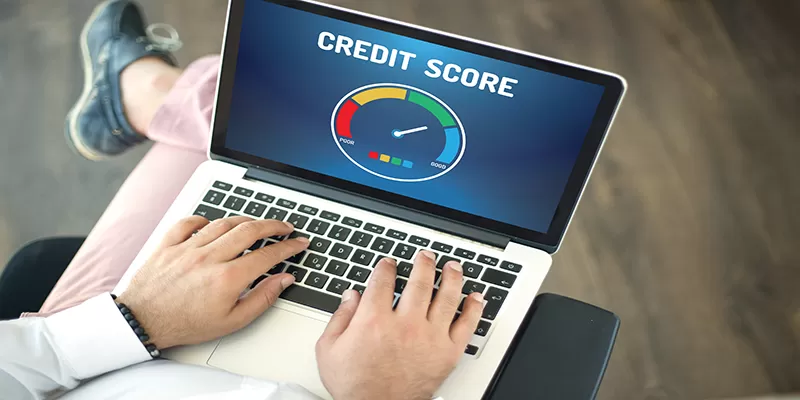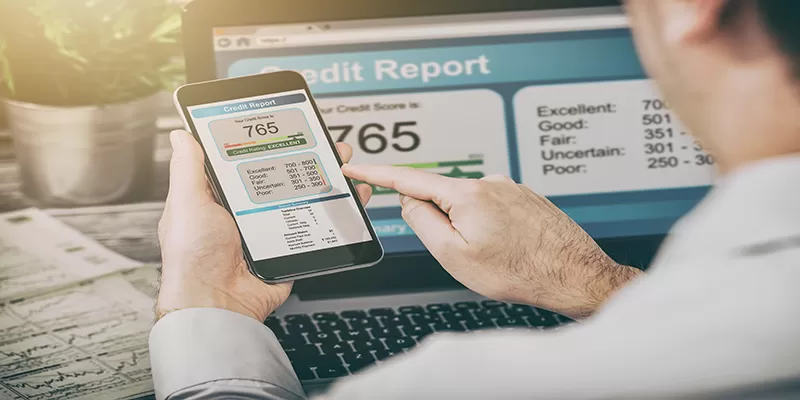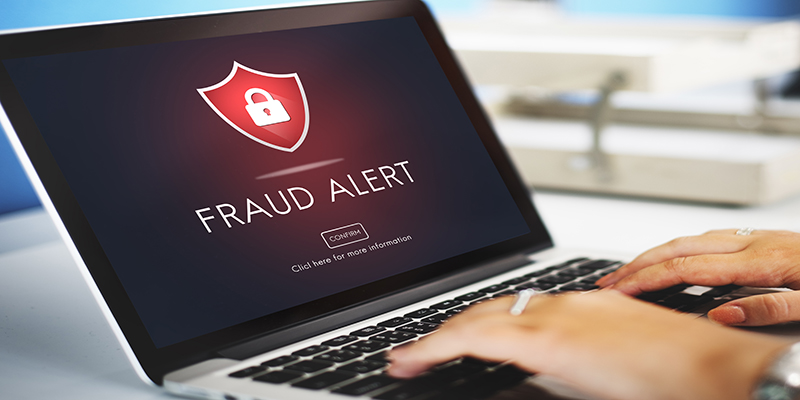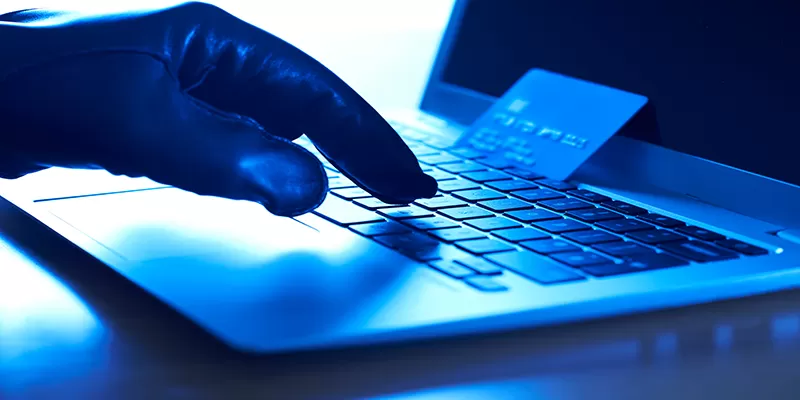Community Focus FCU Blog

What Makes a Good Credit Score
A good credit score can earn you lots of advantages in life and can save you money.

How to Fix Credit Report Errors
Learn the ins and outs of fixing errors on your credit report.

Bills That Don't Affect Your Credit Score
Knowing what doesn’t affect your credit score is just as important as knowing what does.

Protect Your Data
Fraudsters are always finding new ways to target our community, including attempting to spoof our Community Focus FCU phone number. To help you stay secure, here are some essential tips.

Prevent Identity Theft
Knowing how identity theft is committed and what you can do for free to prevent it can help ensure your name isn’t added to the list of victims.

Make Your Online Password Strong
Are your passwords strong enough to protect your accounts from unauthorized access?
Go to main navigation
